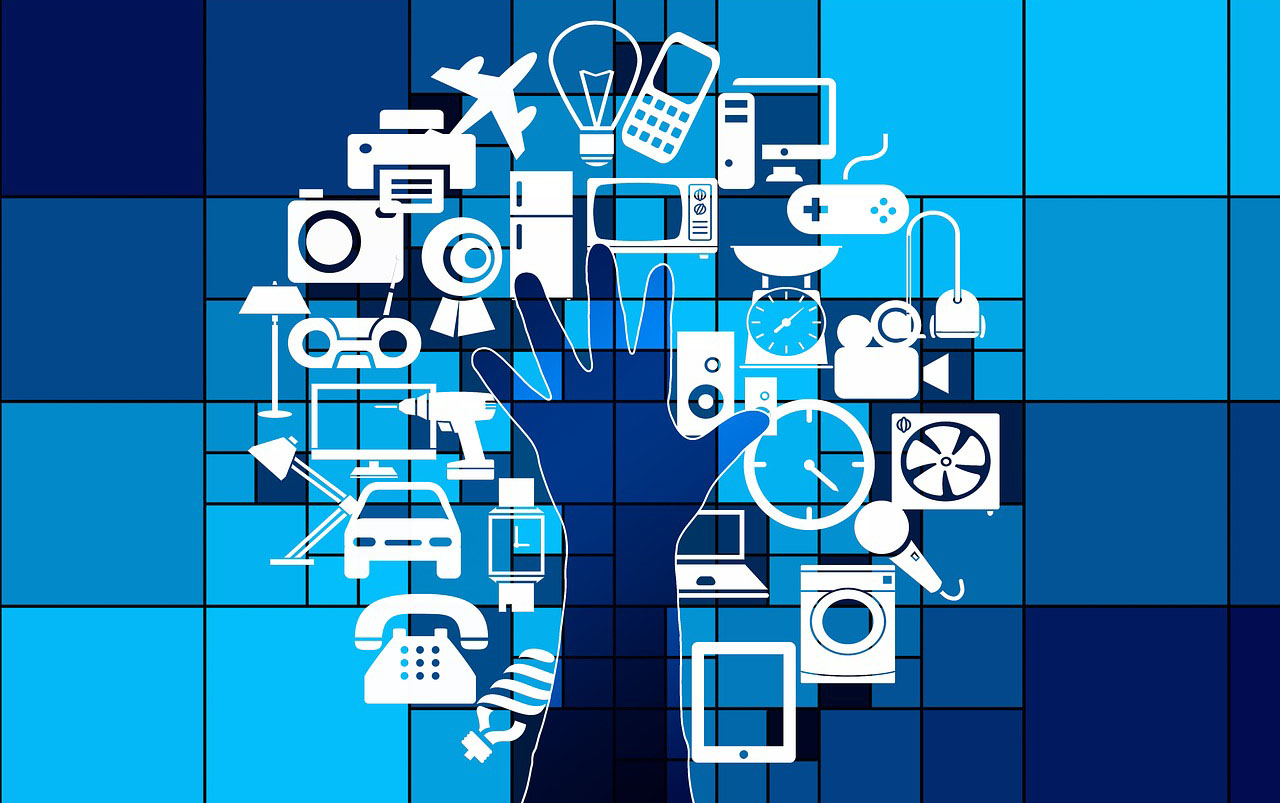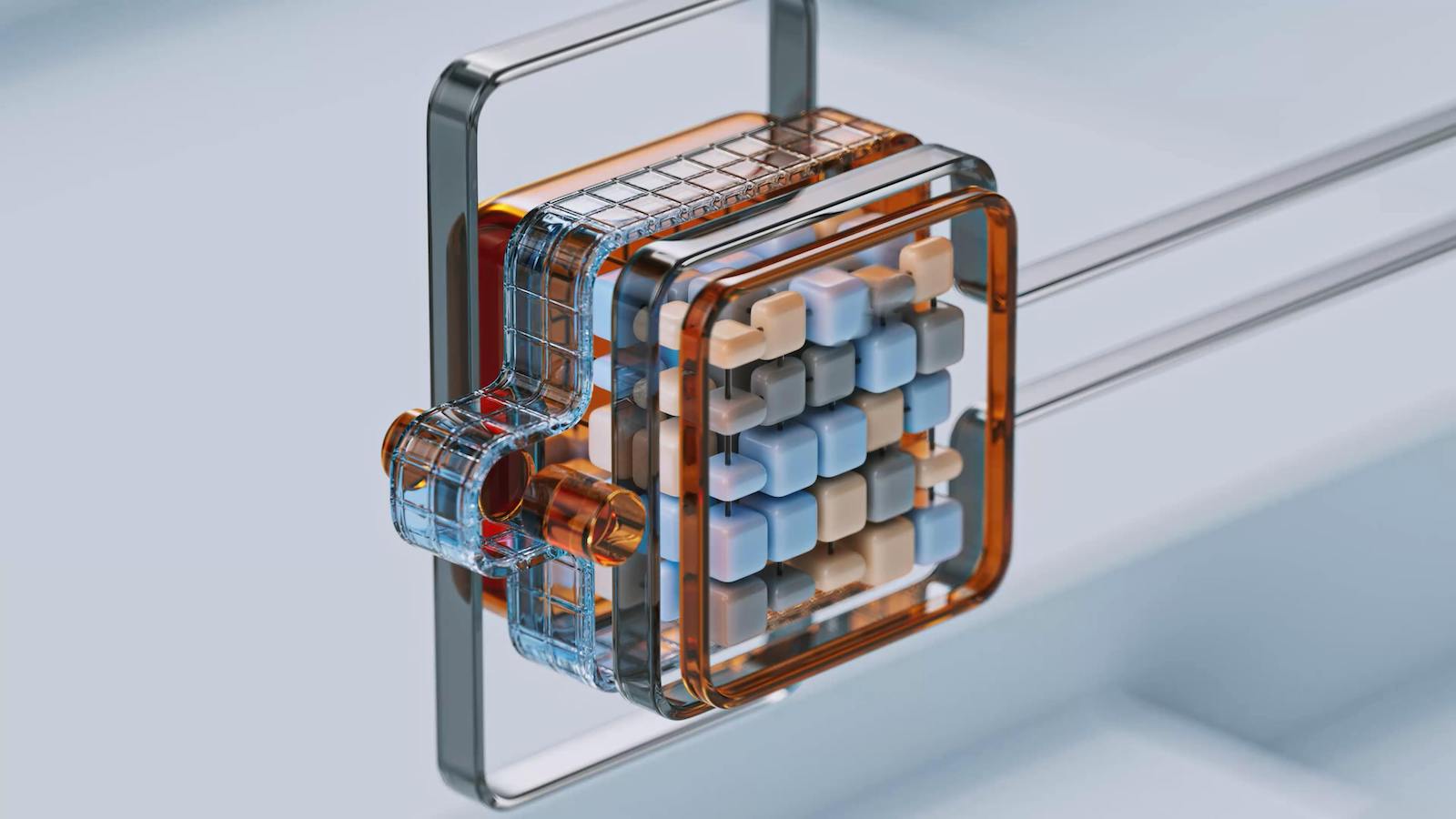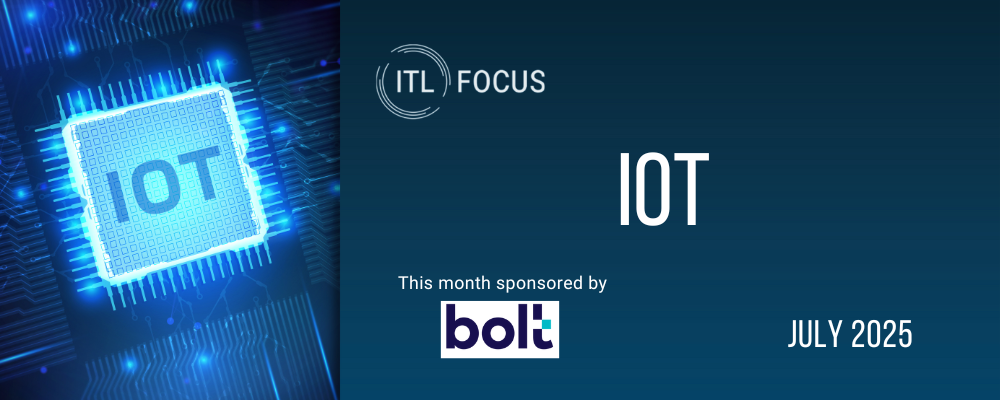So many gurus and their ilk are looking for, hoping for, any technology or group of technologies to "disrupt" or otherwise upend the insurance industry. One of the latest hopes for transforming the insurance industry is IoT: the Internet of Things.
Unlike mobility, social media, cloud computing, big data and associated data science-driven analytics, or blockchain, IoT will definitely upend the insurance industry. The IP-enabled sensors will help people stop or reduce losses before they occur or soon after the losses occur. Traditional insurers will run for the hills because their industry will be in shambles. Shambles, I tell you !
Nirvana achieved!
The reality is uglier, of course
There certainly are an expanding number of IoT devices appearing in homes throughout the country. A veritable panoply of devices popping up in the basement, the attic and every room in between. Even the front door bell !
(BTW, is anyone with an IoT door lock looking forward to the day when the cloud service maintaining the door lock goes down? Perhaps when you have bags of groceries in your arms or after a long day at work, and you just want to get into your OWN HOME?)
The reality is a tad uglier, of course, than the gurus tell us, as reality always is. The IoT-laden Pom Pom wavers neglect to pay as much attention to the ugly realities. Don’t you just want to tell them what they can do with their Pom Poms?
Ugly realities of IoT
The panoply of IoT devices is actually an expanding zoo of varied species that are blind to the existence of the other species in the zoo. The IoT devices don’t ‘talk to each other.’ There are no standards, including data standards that would enable the IoT devices to actually be …., well, useful. (Yes, I know that Apple, Amazon and Google are working on this issue – but today's situation is like cooking some hot dogs and finding out that the mustard is on the shopping list but that none is actually in your refrigerator.)
Beyond not being part of a coherent integrated whole for the homeowner, each of the IoT devices represents a wonderful opportunity for hackers to spy on the family, and the devices create opportunities for distributed denial of service (DDoS) attacks on other targets by using the IoT devices as cyber-zombies or for other sorts of havoc (if the IoT device can alert the homeowner about water leaking, why can’t a hacker cause the IoT device to actually start the water leaking?)
This brings us to another superb attribute of the IoT devices: Their security truly sucks. (That’s the technical term, folks; what can I tell you?) Can you (easily) reset the password on each of your IoT devices? Will the IoT device use two-factor authentication?
See also: Insurance and the Internet of Things
Big Tech is coming (NOT)
But, hey, insurers should still fear the Big Tech companies coming into the loss-prevention space, right?
Why not fear these non-insurance players? Assuming security, privacy and trust become commonplace with each and every IoT device (and how many decades before that happens?), the firms offering loss prevention bundled with the IoT device (i.e.. warranty on steroids) only have to, at a minimum:
- Augment their devices with networks of vendors that can repair/replace the IoT device OR the appliance itself
- Ensure the vendors are bonded or have other insurance in case they don’t show up when they say they will or don’t actually do the repair/replace job the homeowner expects
- Instill confidence in the homeowners that the vendors can be trusted to come into their homes in the first place
I imagine there might be Big Tech or platform players who want to get into the loss-prevention business. (OK, I can’t.) They might erroneously believe that setting up a FAQ web site will do the trick. Have a problem with the IoT device/appliance? Not a problem – click to this FAQ web site. And let us know if the FAQ page(s) were helpful.
Oh, and augment that FAQ web site with voice-recognition units (VRUs) or chatbots that stick to their scripts. Yup, that’s the ticket: Make it hard for someone with a broken IoT device/appliance to actually talk to a human. That will endear the customer to the firms providing the service.
Moreover, I hope that firms realize that if anything goes wrong repairing/replacing the IoT device/appliance, they will be sued. Oh, wait, that’s another opportunity for traditional insurance – these firms will need to purchase liability insurance (drat it all).
Why not upend the insurance industry?
What has the insurance industry ever done except keep society, families, individuals and businesses operating in times of war, famine, plague and recessions?
What a horrendous societal effect: helping clients manage or mitigate risk in a legal, regulatory manner through the centuries of civilization.
See also: Global Trend Map No. 7: Internet of Things
Don’t insurers realize that an integral part of their value-add is helping VCs and other investors (and conference organizers) to generate revenue off the insurance industry? Why can’t the insurance industry accept that even these human vampires have a right to exist and profit? Oh, why??
What will happen? Really?
Will IoT upend the current insurance industry? Will being able to prevent losses upend the current insurance industry?
No.
The league tables of P&C insurers (whether personal or commercial P&C) will remain as they are for many, many, many decades to come.
I believe that traditional insurers will create or strengthen their own networks of vendors to repair/replace either IoT devices or appliances and potentially bundle lower premiums (where insurance regulators allow).
So, sorry … no upending or disrupting of the insurance industry. Not an iota of upending.
This article was originally published on Rabkin's Opinions.







